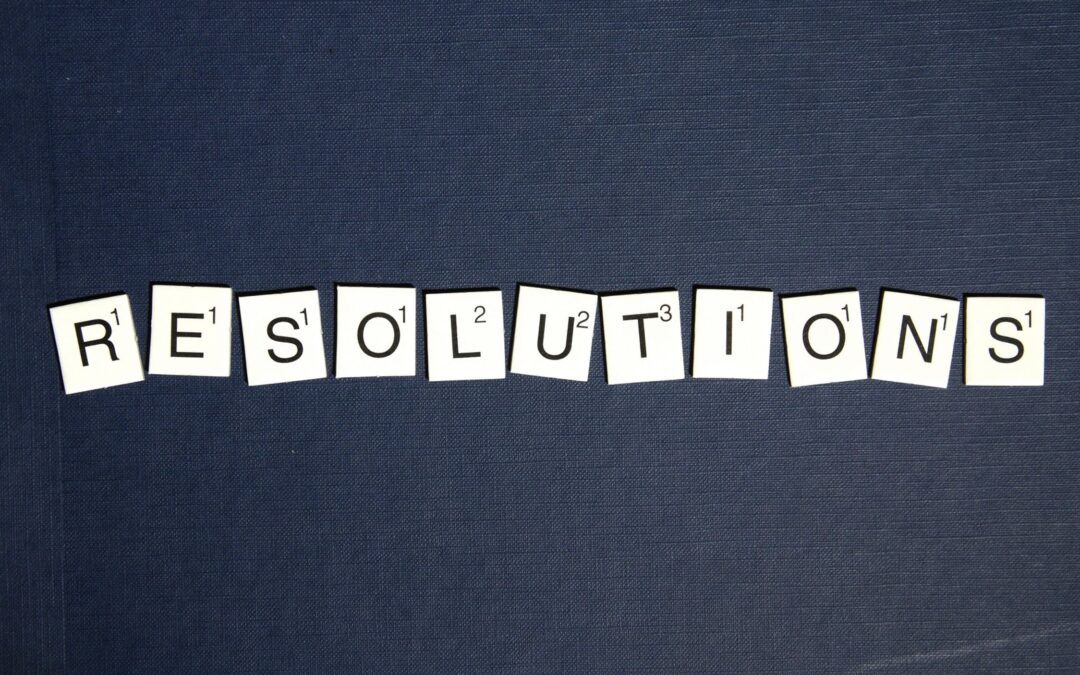Do you make New Year’s resolutions?
Or maybe a better question (albeit a polarizing one) is if you do set New Year’s resolutions, have you been successful at keeping them?
I ask with a specific purpose in mind….and it certainly isn’t to pass judgment about whether you regard New Year’s resolutions as an annual rite of passage or a setup for 12 months of failure and disappointment. I inquire because there is a lot of study and science around how to change behaviors, break bad habits, and adopt healthy ones that we can modify for successful retirement planning.
Scientists, psychologists, and all sorts of other very smart people (VSPs) believe the biggest determining factor in achieving one’s goals is first achieving the proper mindset. And, as a therapist and retirement coach, I couldn’t agree more. But this is where it gets a little murky for many folks. How do we quickly and concisely get into a proper frame of mind so that we can actually start checking things off our lists?
Keep resolutions/goals realistic.
For resolutions, you have at least 365 days to make progress. For retirement planning, you may have several years to several decades. And that’s why it is so important to mentally prepare yourself for a marathon, not a sprint. In training for your marathon, build time in for stalls, setbacks, and stops. None of these are signals you are failing. They simply mean you may have to revisit, review, and revise your goals. I highly recommend once you’ve set your big goal, you work with a VSP to identify small, achievable action steps. If your plan is longer than one year, it also helps to identify milestones that will let you know you are maintaining your course and help you map your progress.
Choose your words carefully.
We learn in kindergarten (or before) that words are powerful and should be chosen carefully. Be gentle but firm with yourself as you set your goals. Choose positive words like “I want to” or “I will” instead of shaming words like “I should”. And don’t be afraid to put yourself on a specific deadline. Setting a due date of March 1st is a heck of a lot different than saying “sometime in spring”.
Be specific.
Construct your statements as S.M.A.R.T. goals or specific, measurable, attainable, relevant, and time-based. We’ve covered S-specific, A-attainable, T-Timely above and I’ve advised you to work with a VSP (very smart person) to identify milestones, which is a fancy way of saying M-measure your progress. So how can you make sure your goals are R-relevant? By paying attention to what’s important for you. Set a goal that brings you towards something you think is worthwhile, timely, and deeply connects with your internal compass instead of a goal that you feel you “should” have.
Pace yourself.
I understand you may feel some urgency to “catch up” on planning for your retirement but this mindset will only burn you out, causing you to amend or abandon your goals. This is where building in a layer of accountability, whether that’s telling friends and family about your plans or working with a VSP who can cheer you on, is key. Active, positive communication keeps your goals front of mind and will encourage you to continue to take action. Little steps do add up and slow and steady wins the race.



